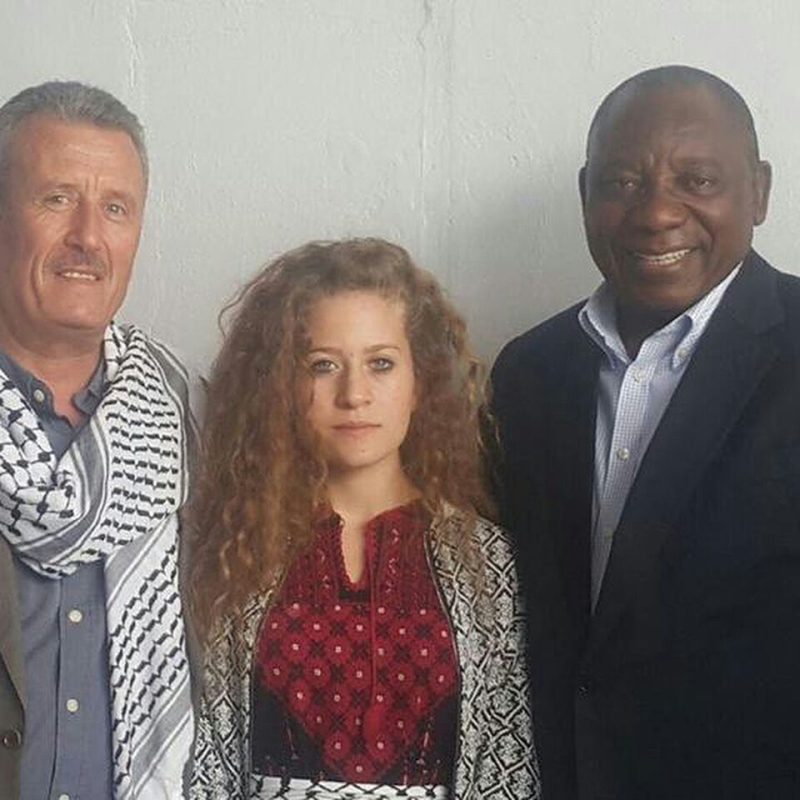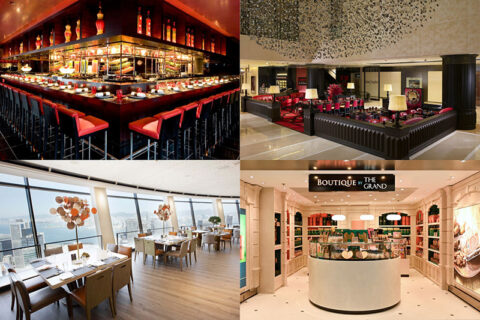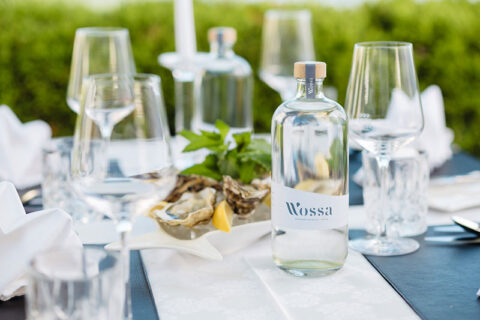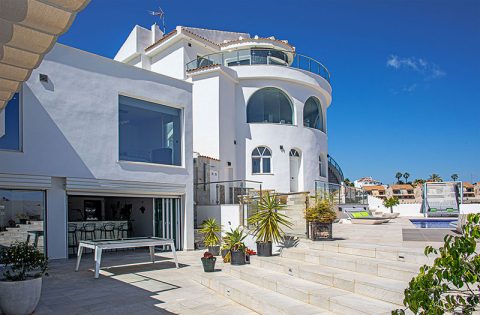Images courtesy by Nkosi Zwelivelile Mandela
Mvezo Komkhulu (The Great Place) – The release of uTatomkhulu President Nelson Rolihlahla Mandela on 11 February 1990 was a historic moment in the life of Nkosi Dalibhunga, our family, South Africans and the global community of freedom loving people. Euphoric as the moment was, it was but one step on the long road to freedom – and judging by current events, a journey that is far from over.
What did the 11th February 1990 mean to President Mandela the man; the husband, father, grandfather and great grandfather? He lost both his mother and eldest son whilst incarcerated. Madiba often articulated that one of the most profound losses inflicted by his long incarceration was being deprived of the joy of children. This is why 11 February was such a momentous event in our lives. Finally, Nkosi Dalibhunga could experience as a free man the joys and tribulations of being a husband, father, grandfather and great grandfather. How I wish he were alive today to see the heir to his bloodline, Mntanenkosi Mandela Ikraam Mandela.
For all the years of his incarceration, we experienced intense loss as a family. But Nelson Rolihlahla Mandela grew in stature and became a household name in South Africa, a rallying point for young activists all over the country – and the world. His name inspired young and old at revolutionary rallies and breathed fear into the heart of the apartheid forces.
The global anti-apartheid movement drew inspiration from his long term incarceration and calls for his release became their rallying point. In international forums, the United Nations (UN), the Non Aligned Movement(NAM) the Organisation of African Unity (OAU) and a myriad of other organisations of righteous people the call was united ‘Release Mandela’.
This wave of international support undoubtedly was a great inspiration to Madiba and fellow political prisoners. As much as this was a groundswell of unprecedented support it was often in the backwater villages of Africa where young children collected the meagre dusty coins that they had saved to contribute to President Mandela’s release and the anti apartheid struggle.
His defiant fist in the air on that historic day was as much a attribute to this silent majority represented by stone throwing children on the streets of Ramallah on the West Bank of Palestine; ululating youths on the streets of Lagos and Dar-Es-Salaam and the 100 000 throng of supporters that had gathered at the steps of Cape Town City Hall and the Grand Parade
That first step from the confines of Victor Verster Prison was no less than a giant one for us as a family and a gigantic one for the cause of justice and freedom in the world. UNkosi Dalibhunga though a freeman would for the next ten years still be entirely devoted and consumed by the negotiations and reconciliation process, then after our first democratic elections in 1994 affairs of party and state. It was only after he stepped down as the first democratic President of South Africa in 1999 that he could devote his time to family matters and delight in the joys of family life.
As we reflect on the 11th February 1990 in the context of the Mandela Centennial Celebrations and we reflect on Madiba the man and global struggle icon, we ask ourselves what step shall we take?
From his youth until the day he breathed his last President Mandela remained committed to the cause of freedom and justice in the world. His heart was always with the struggling masses of the world. No cause was as close to his heart as the Palestinian cause which he regarded as “the greatest moral issue of our time”.
Perhaps it is this moral compass that we have lost as the Palestinians look to us for support just as ordinary South Africans look to our newly elected ANC leadership in angst and anticipation. Will we reflect and act on Madiba’s legacy and give expression to his words that our ‘freedom remains incomplete without the freedom of the Palestinian people”.
As 11 February beckons once more, will we rise and be counted? Will we walk in his gigantic steps and take a bold step that will take us forward as a nation?

Ahmed Tamimi
Ahmed Tamimi remains in prison while we remain silent. President Cyril Ramaphosa, your voice can bring about the necessary change for the release of Ahmed Tamimi and many Palestinian children and women in Israeli Apartheid jails. Your call can free Palestinian political prisoners. Your call can lead us to realise Madiba’s call for a free Palestine.
Nkosi Zwelivelile
Royal House of Mandela
Mvezo Komkhulu
P.O. Box 126
Viedgesville, 5102
Eastern Cape Province
South Africa
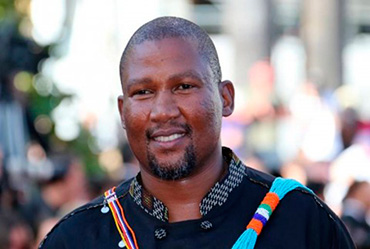
Nkosi Zwelivelile “Mandla” Mandela, chief of the Mvezo Traditional Council and grandson of famed South African President Nelson Mandela. Member of Parliament (MP) South Africa National Assembly. All articles by Nkosi Zwelivelile “Mandla” Mandela

